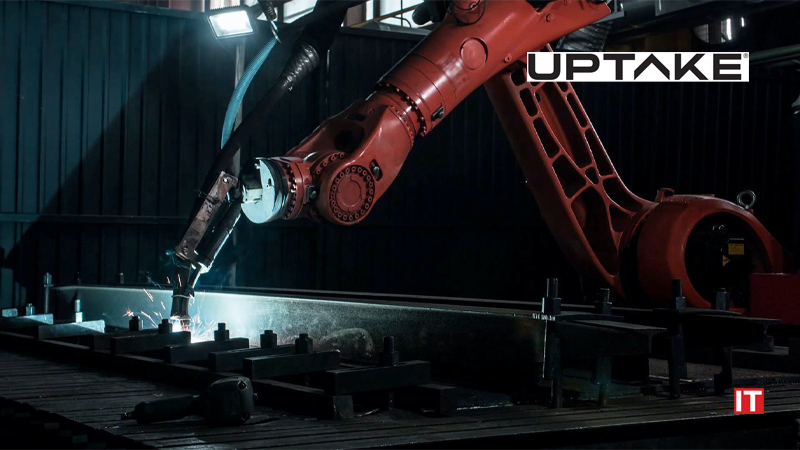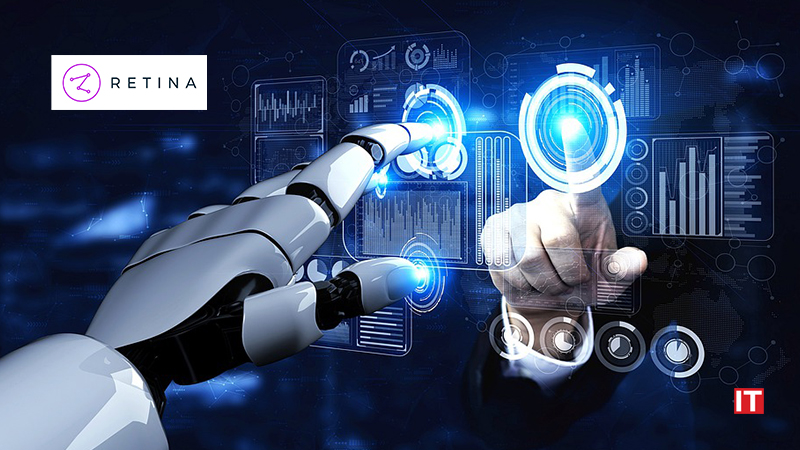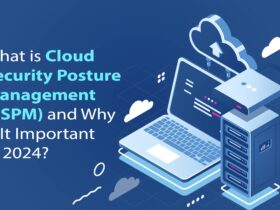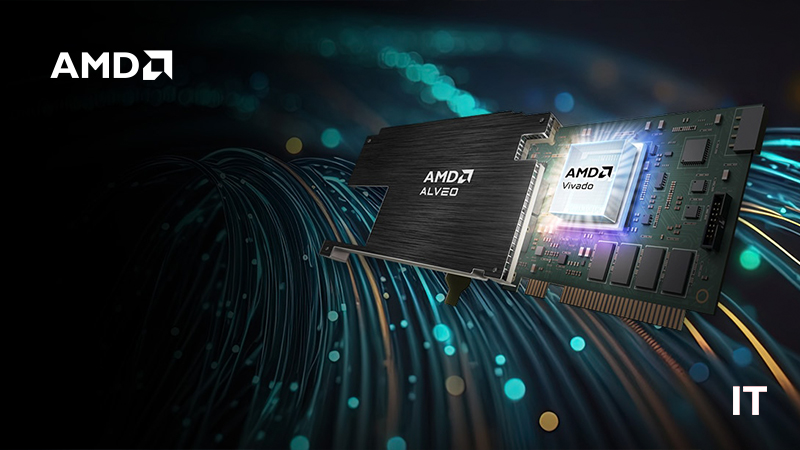AMD announced Amazon Web Services (AWS) has expanded its 4th Gen AMD EPYC™ processor-based offerings with the general availability of Amazon Elastic Compute Cloud (EC2) M7a and Amazon EC2 Hpc7a instances, which offer next-generation performance and efficiency for applications that benefit from high performance, high throughput and tightly coupled HPC workloads, respectively.
“For customers with increasingly complex and compute-intensive workloads, 4th Gen EPYC processor-powered Amazon EC2 instances deliver a differentiated offering for customers,” said David Brown, vice president of Amazon EC2 at AWS. “Combined with the power of the AWS Nitro System, both M7a and Hpc7a instances allow for fast and low-latency internode communications, advancing what our customers can achieve across our growing family of Amazon EC2 instances.”
“4th Gen EPYC processors have unmatched performance leadership; and our collaboration with AWS is delivering the full 4th Gen EPYC performance per core in new M7a and Hpc7a instances,” said Dan McNamara, senior vice president and general manager, Server Business Unit, AMD. “As a result, our customers can do more with less across a wide range of workloads, while simultaneously optimizing their businesses.”
AMD and AWS Expand EC2 for Greater Performance and New Applications
Amazon EC2 M7a instances, first previewed at this year’s AMD Data Center and AI Technology Premiere, cater to a wide range of workloads, providing customers with up to 50 percent more compute performance than Amazon EC2 M6a instances, while offering new processor capabilities, such as AVX3-512, VNNI, and BFloat16. In addition to high performance in general purpose workloads, the Amazon EC2 M7a instances are ideal for applications that benefit from high performance and high throughput such as financial applications, simulation modeling, gaming, mid-sized data stores and more.
Amazon EC2 Hpc7a instances are designed for tightly coupled high performance computing workloads and deliver 2.5x better performance compared to Amazon EC2 Hpc6a instances. These instances meet the demands of increasing workload complexity by offering AWS customers more compute, memory and network performance. Powered by 300 Gb/s EFA network bandwidth, the Hpc7a instances are ideally suited for compute-intensive, latency-sensitive workloads such as computational fluid dynamics, weather forecasting, molecular dynamics, and computational chemistry.
“To deliver high-level operational intelligence for weather-dependent industries, DTN deploys a suite of weather data and models that deliver sophisticated, high-resolution outputs and require continual processing of vast amounts of data from inputs across the globe,” said Lars Ewe, Chief Product and Technology Officer, DTN. “Our collaboration with AWS allows us to better serve our customers with the most up-to-date weather intelligence that feed those analytic engines. We are excited to see how the next generation of Amazon EC2 Hpc7a instances can potentially support our mission to provide customers with the insights they need at the moment they are needed.”
SOURCE: GlobeNewswire
































